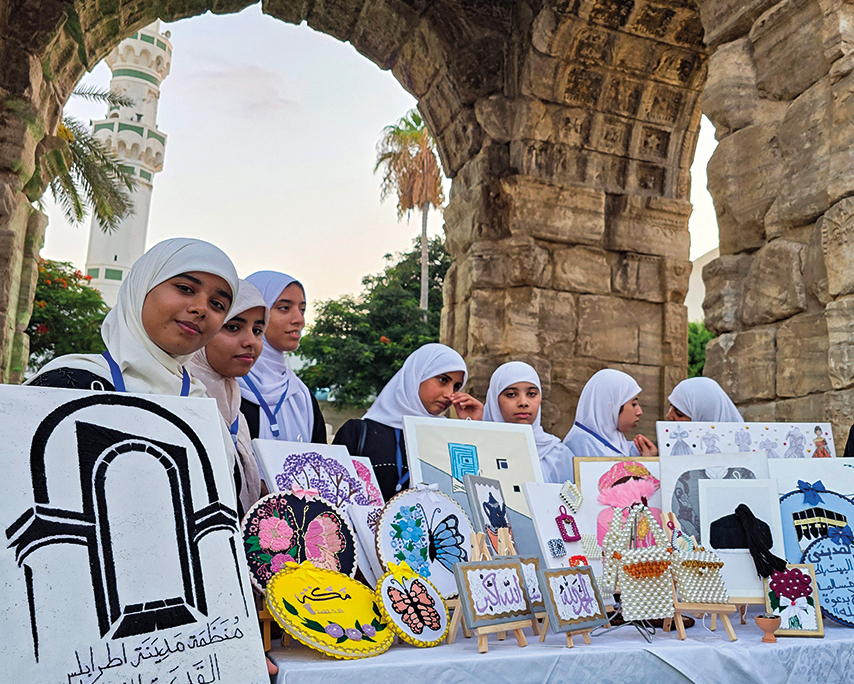The youth of Africa as the pioneers of a new dispensation
Across the continent, a quiet yet unmistakable shift is taking place—led not by institutions or formal declarations, but by the actions, choices, and voices of Africa’s youth. Often described as the “now generation,” today’s young people are not waiting for a future to be handed to them. Instead, they are actively shaping a new dispensation, one rooted in resilience, innovation, and a deep connection to both heritage and global currents.
What defines this emerging era is not just change for its own sake, but a redefinition of leadership, relevance, and progress. In many ways, Africa’s youth are pioneering what it means to lead, build, and transform.
In the face of structural challenges—ranging from high unemployment to limited access to capital—many young Africans are turning to entrepreneurship, informal economies, and community-driven solutions. They are making the most of what they have, not despite difficulty, but because of it. Whether it is building solar-powered devices from recycled materials, launching online stores using only a smartphone, or forming cooperatives to share resources, this resourcefulness signals a quiet revolution in how agency is understood and exercised.
Unlike previous generations, today’s youth are digital natives. They are fluent in the languages of code, content, and connection. Platforms like TikTok, Twitter (X), YouTube, and WhatsApp are no longer just tools for entertainment—they are channels for advocacy, business, organising, and storytelling. Campaigns like #EndSARS in Nigeria or #JusticeForKwizera in Rwanda show how youth are mobilising online to hold power to account. Tech entrepreneurs in Kenya and Ghana are building fintech and edtech platforms that speak directly to local needs, bypassing slow-moving traditional systems.
There is a strong ethical undercurrent running through many youth-led movements and businesses. Questions of justice, dignity, sustainability, and inclusion are becoming central. Many are not only seeking profit or recognition but impact, measured in lives changed and systems improved. From climate activism in Malawi to gender advocacy in Tunisia, Africa’s youth are bringing moral clarity to complex issues, often at great personal cost.
This generation is not trying to mimic “the West”. Instead, it is drawing deeply from African traditions, aesthetics, and philosophies—blending them with modern tools to tell new stories. Whether it is in fashion, music, tech, or literature, there is a growing pride in being rooted locally while thinking globally. Languages once dismissed as “informal” are making their way into poetry, protest, and programming. Ancestral wisdom is being revisited not for nostalgia, but for insight into contemporary challenges.
Hierarchies are being replaced by networks. Influence is no longer just about age or title but about clarity of purpose and ability to deliver. Youth-led collectives, cooperatives, and digital communities are shaping agendas in ways that feel more inclusive, agile, and responsive. From youth parliaments to pan-African artist residencies, these platforms prioritise voice, experimentation, and shared ownership.
Many African youths operate with a dual lens—deeply aware of local realities but informed by global trends. They are applying international knowledge to local challenges, while also exporting uniquely African innovations to the world. This ability to bridge worlds—rural and urban, traditional and digital, local and global—is perhaps one of their greatest strengths.
While the road is far from easy, there is a widespread determination among Africa’s youth to keep pushing forward. Hope is not framed as naïveté, but as a strategy. The idea that “someone must begin” seems to animate much of their work. From launching social enterprises in refugee settlements to running coding bootcamps in townships, the continent’s youth are showing what it means to begin again—and again—without waiting for perfect conditions.
If anything, the recent surge of youth-led activity reminds us that Africa’s future is not on hold—it is already unfolding. While that future will no doubt carry complexity, contradiction, and challenge, it will also bring something else: the imprint of a generation choosing to build, question, and imagine beyond what they inherited. In this sense, Africa’s youth are not just participants in a changing world—they are now leading the change.



